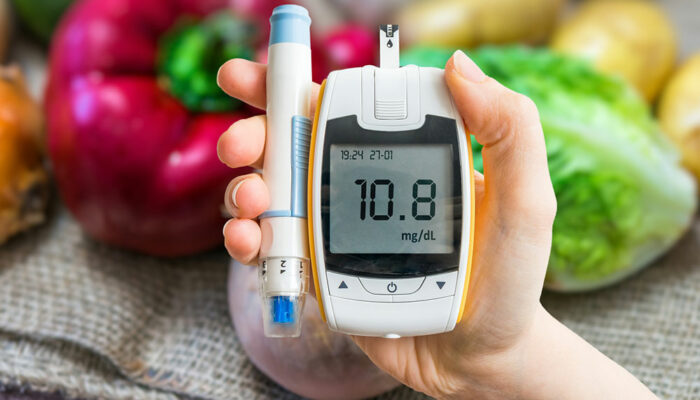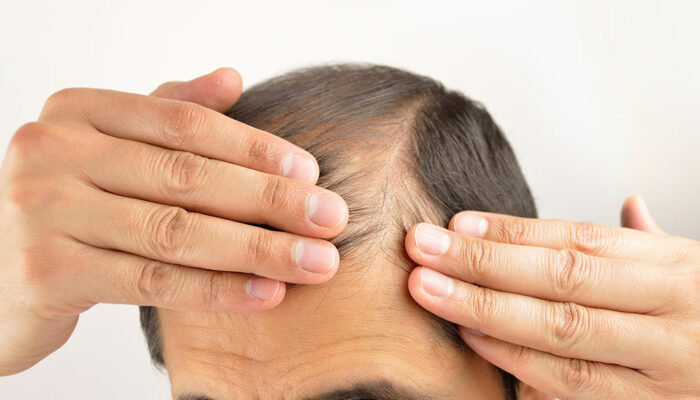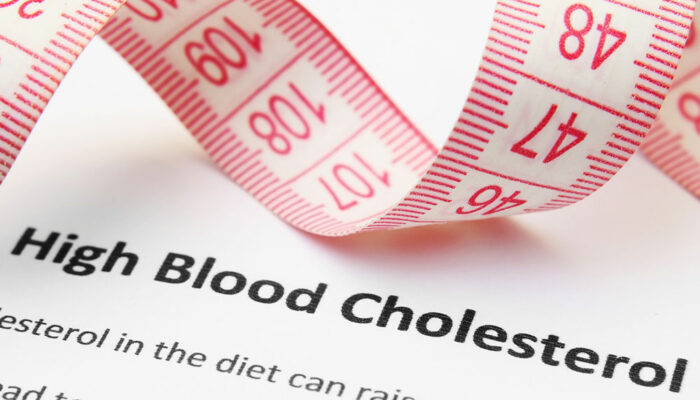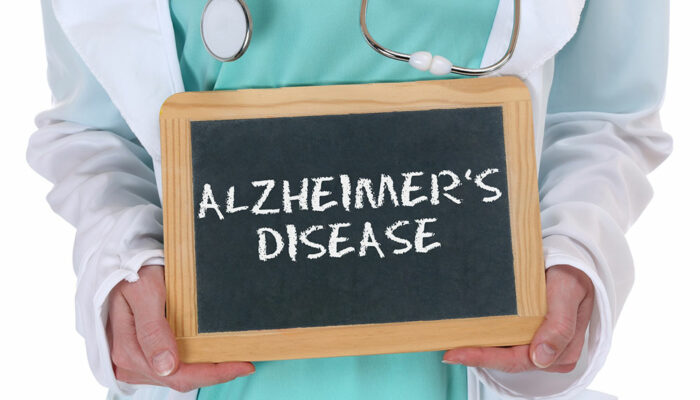
health
Relation between family history and pregnancy
The news of a baby arriving brings an enormous amount of happiness in the family. With pregnancy come the various highs and the lows in the health of the expecting mother. It’s important to remember that family history has an important role in what health conditions the baby may inherit and how parents deal with them. It goes without saying that family & pregnancy are very much related to each other. Causes of complications in pregnancy It is advisable to know about the family history of both the parents so that timely action can be taken against issues such as genetic diseases, birth defects, and developmental disabilities. However, before delving into the relationship between family & pregnancy and the associated risk factors, let’s first look at some of the most common causes of complications in pregnancy. There are several causes that can lead to complications in pregnancy. Complications are health problems that involve the mother or baby or both. Some women experience issues during pregnancy, while some experience pre-pregnancy issues. The following causes of complications in pregnancy are quite common: High blood pressure can cause complications in pregnancy as it becomes hard for the blood to reach the placenta. This plays an important role in providing oxygen and nutrients to the fetus.
Read More 








